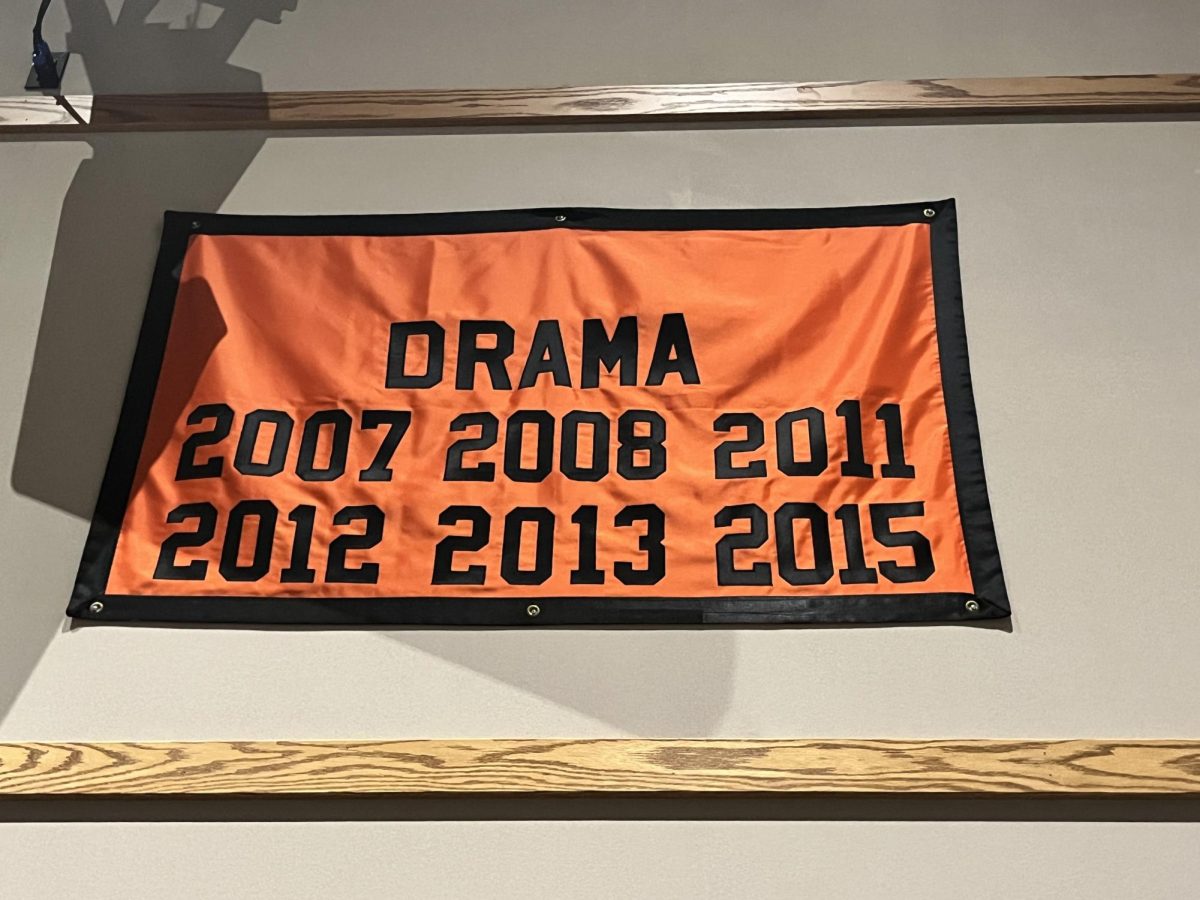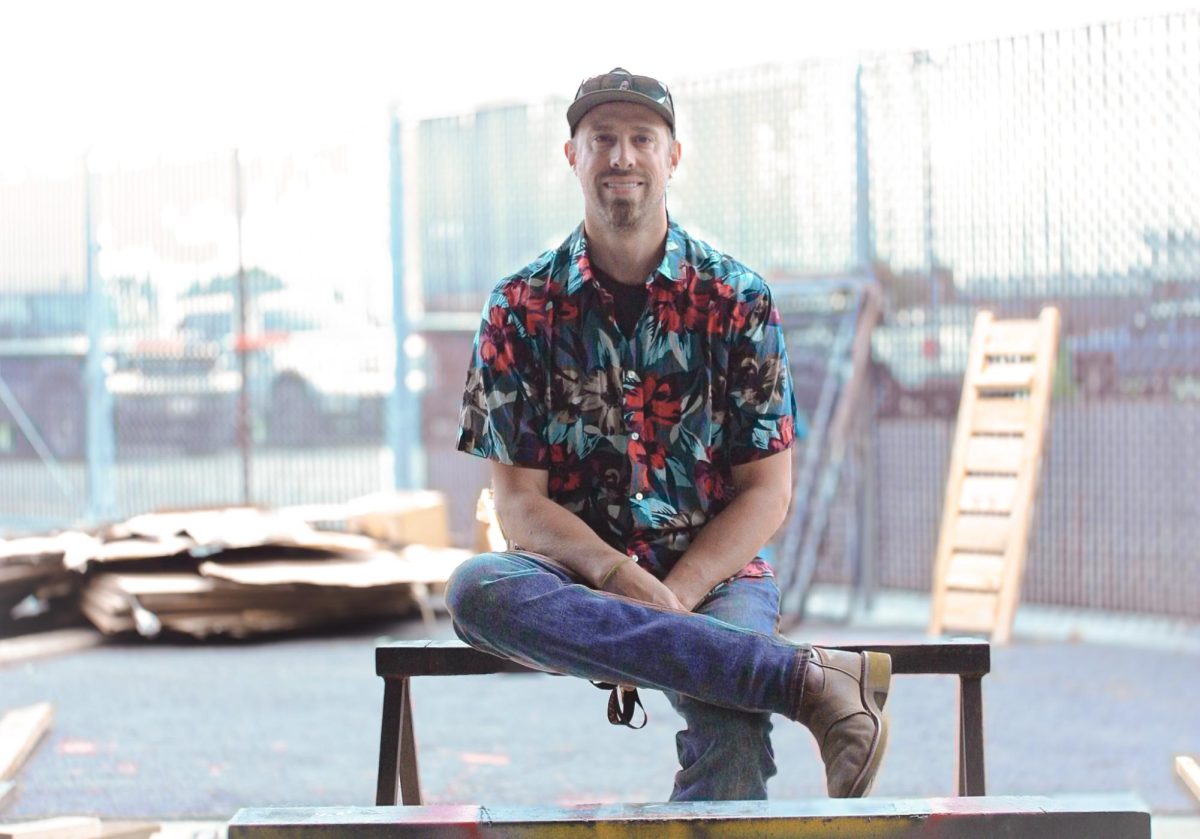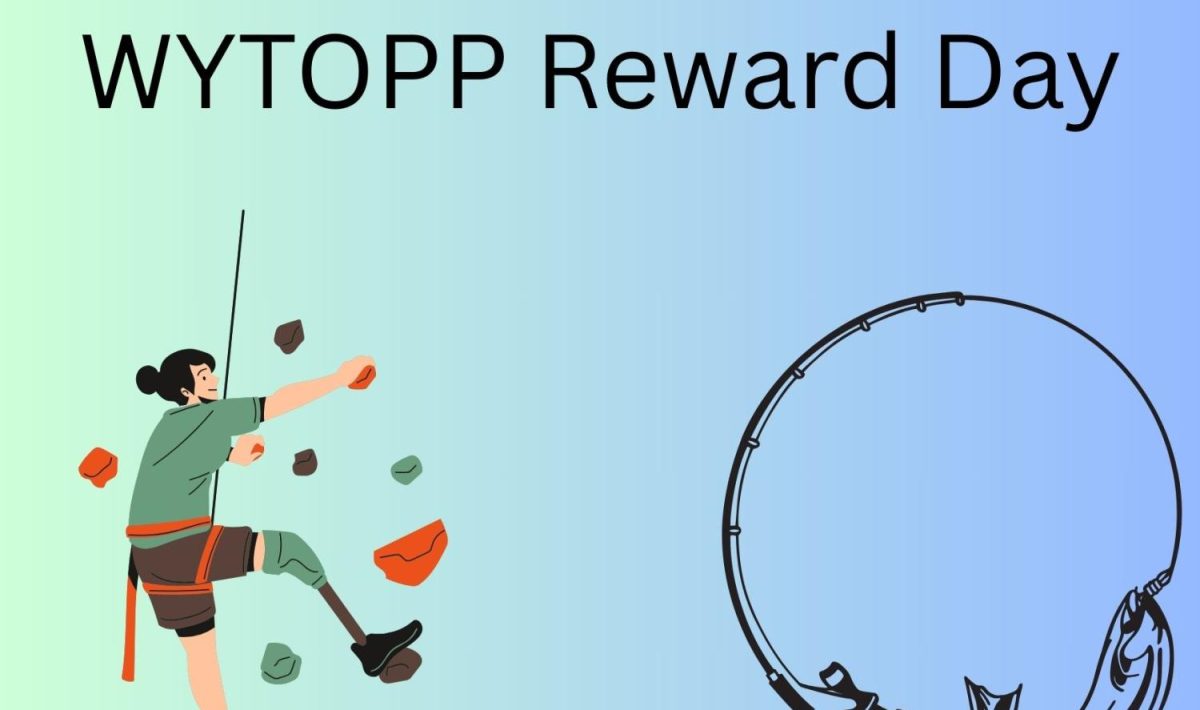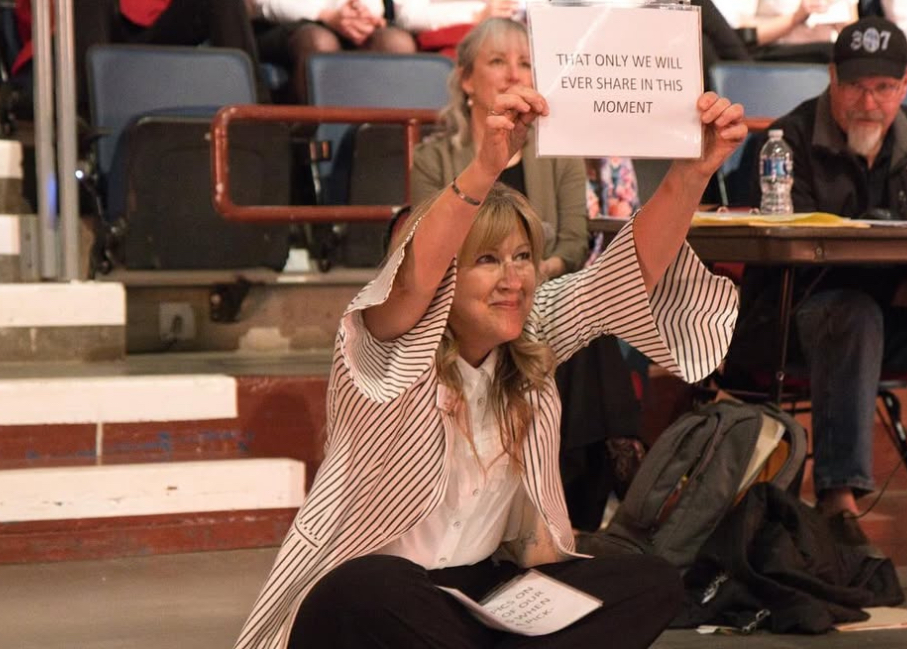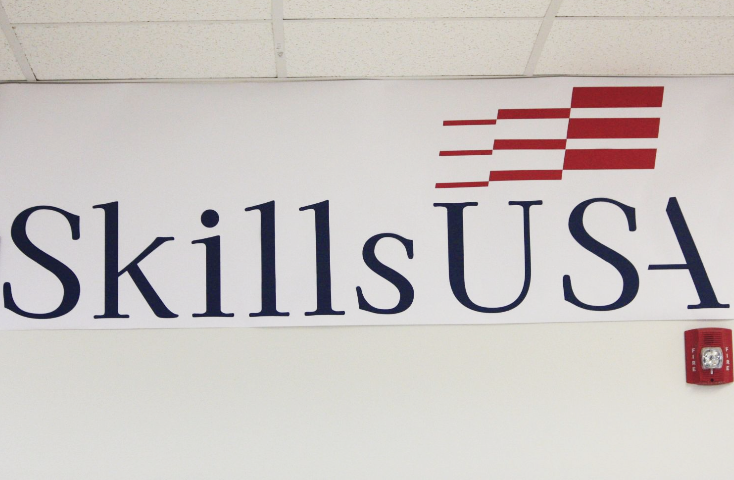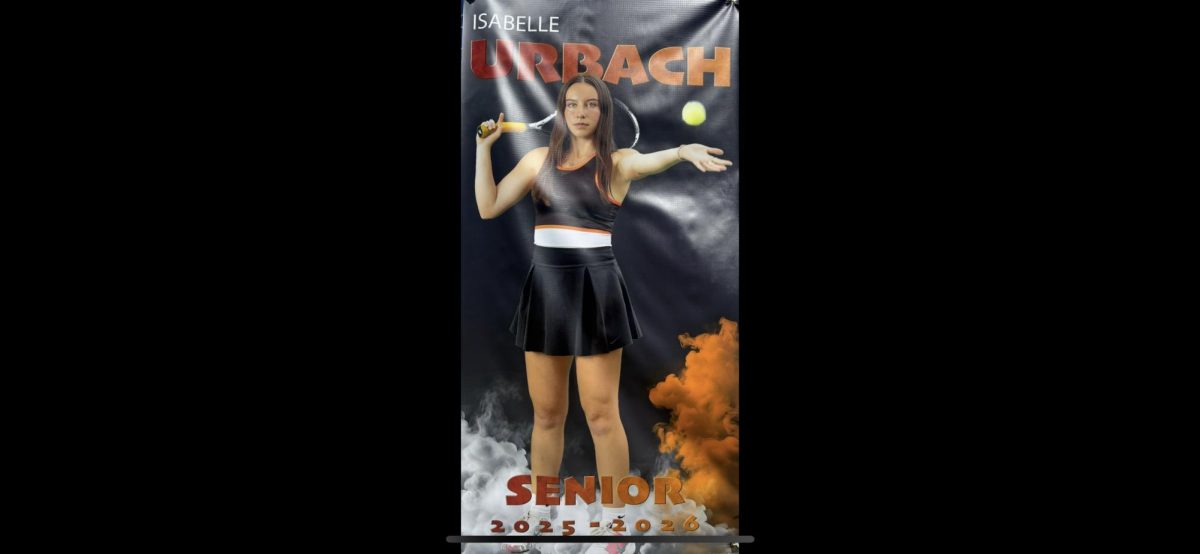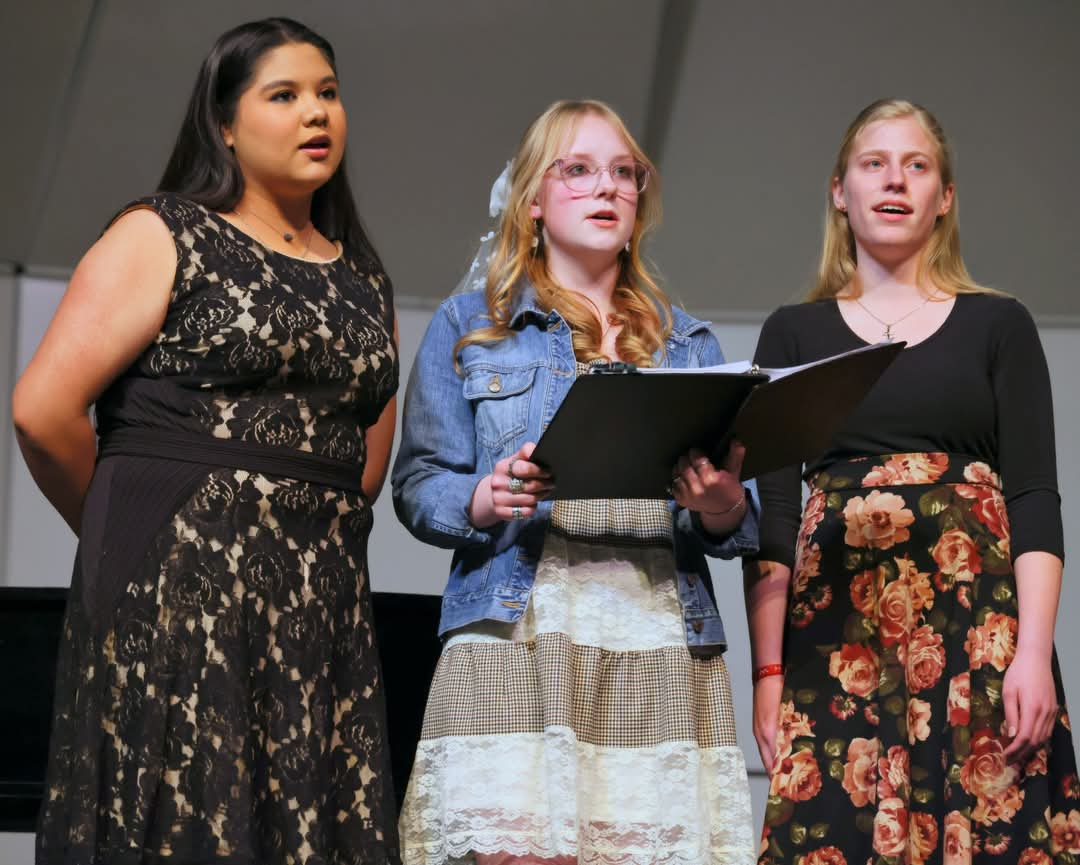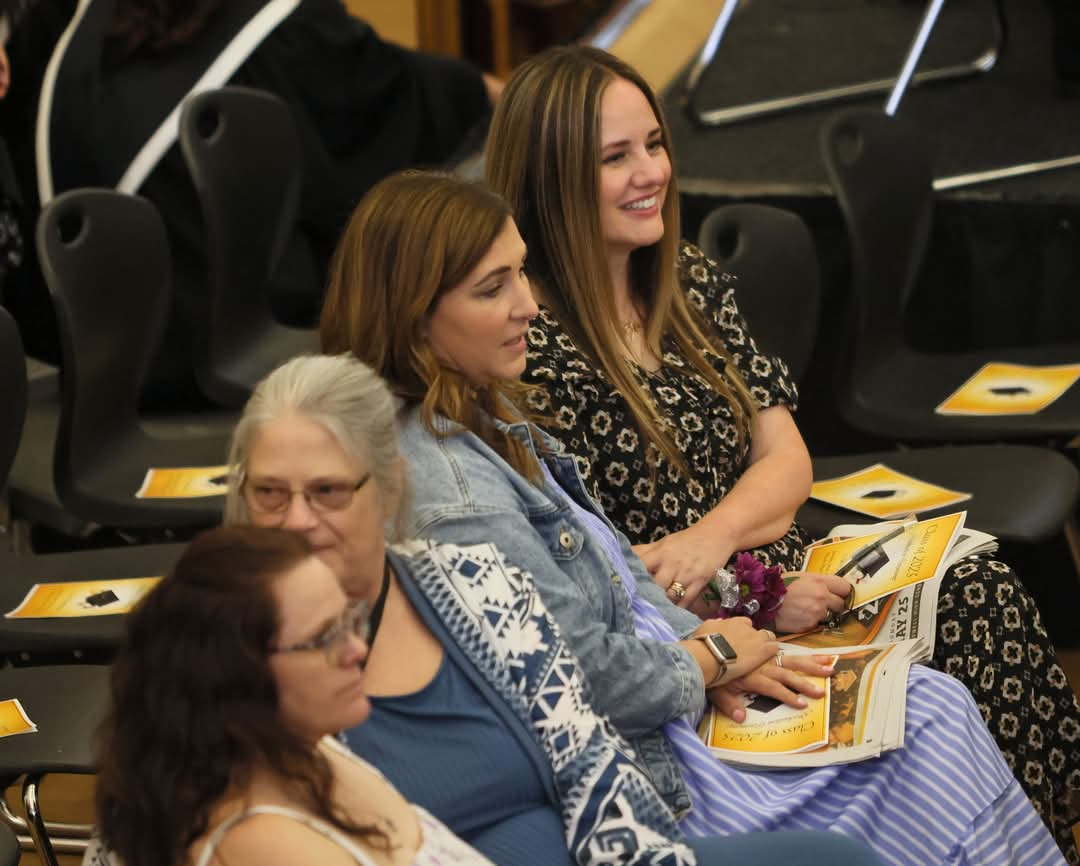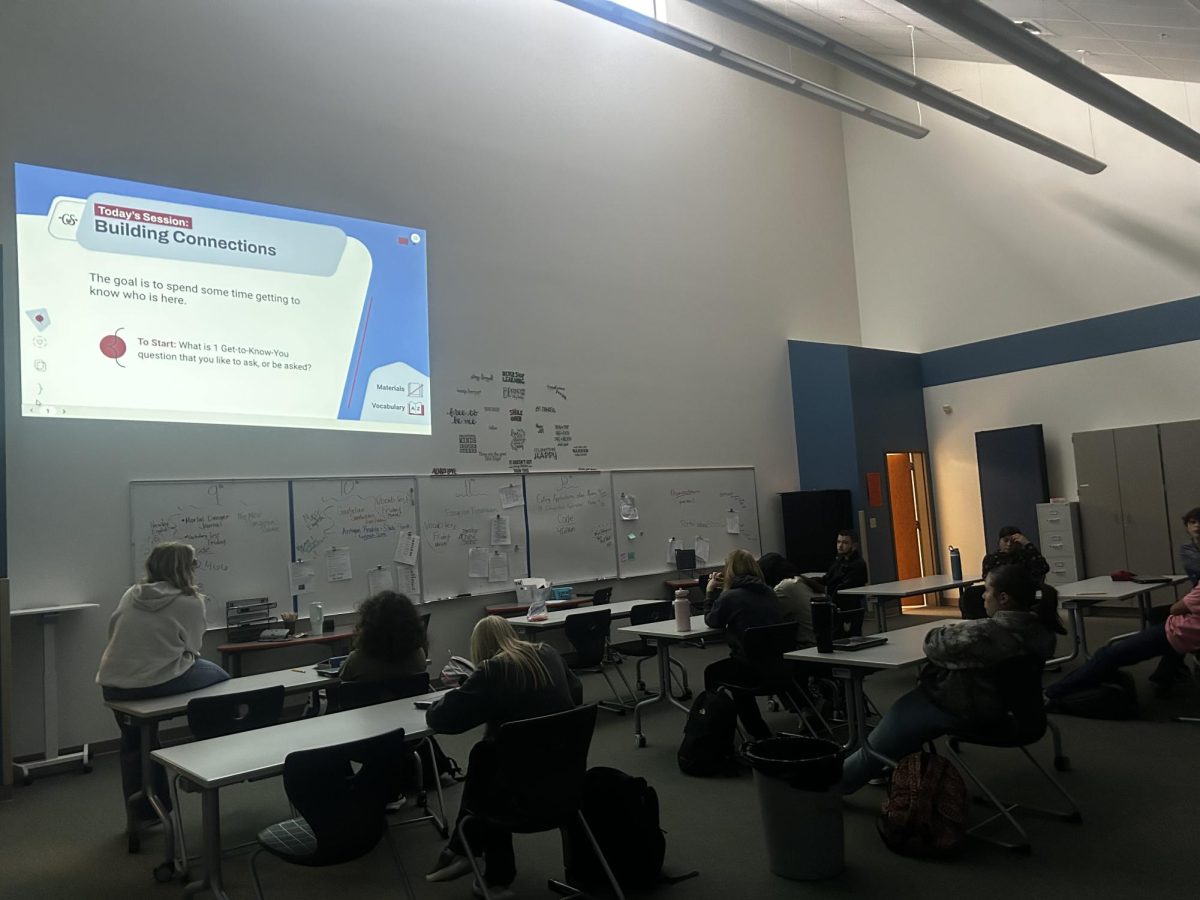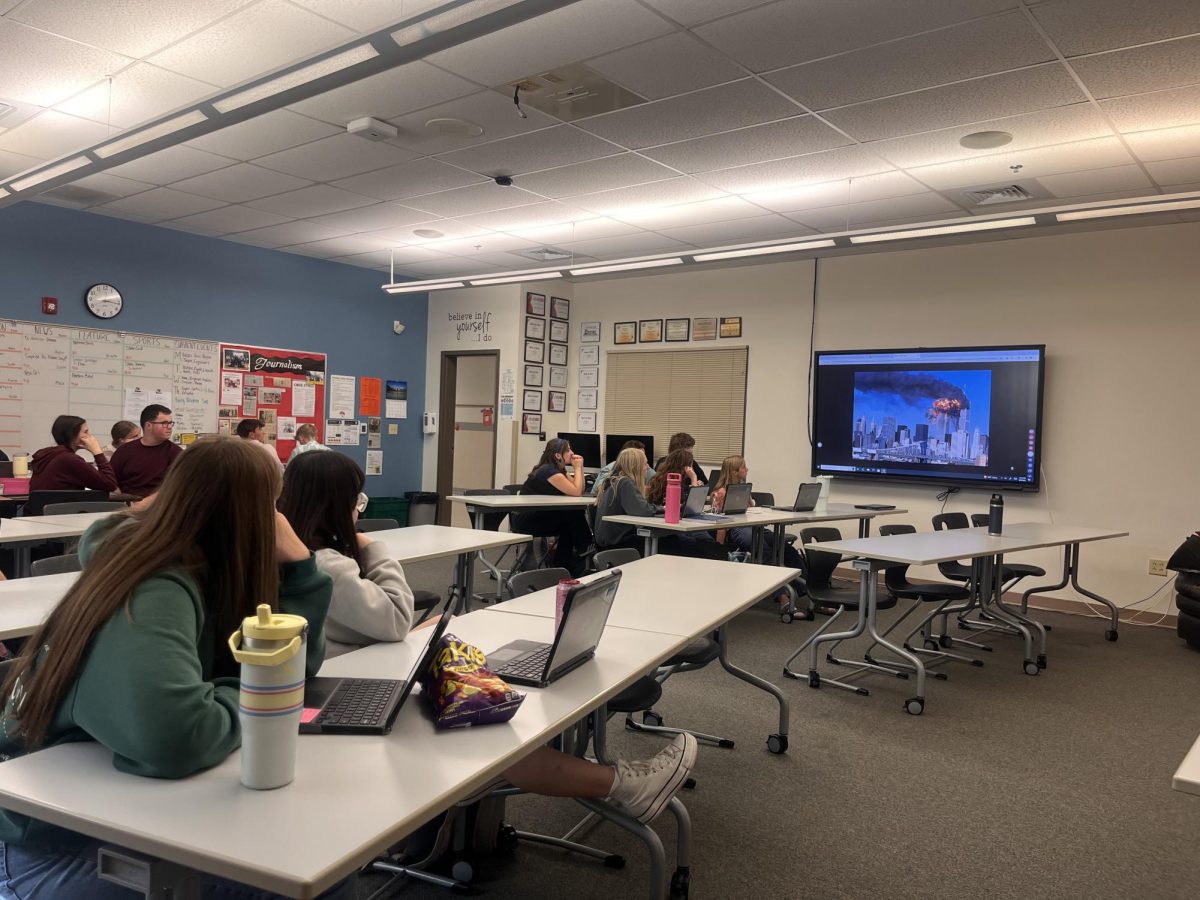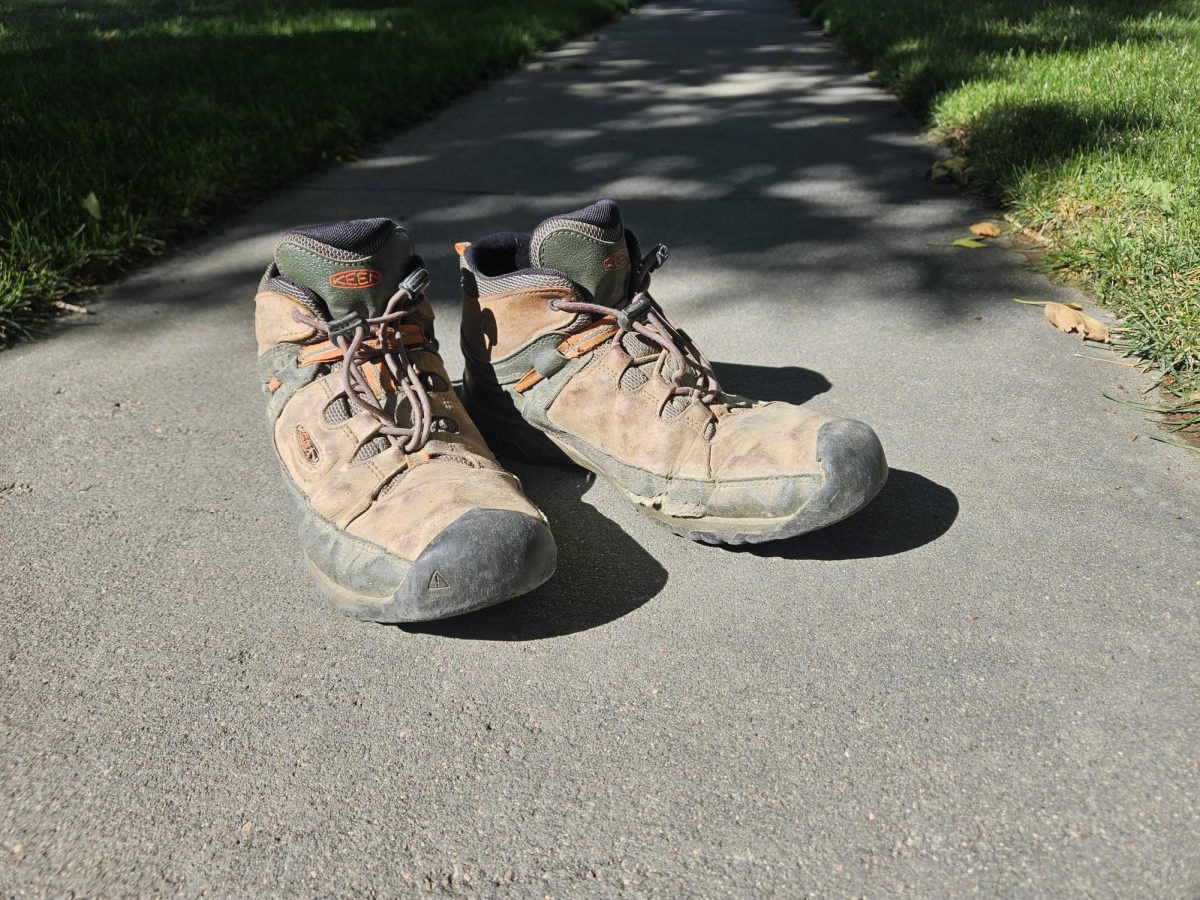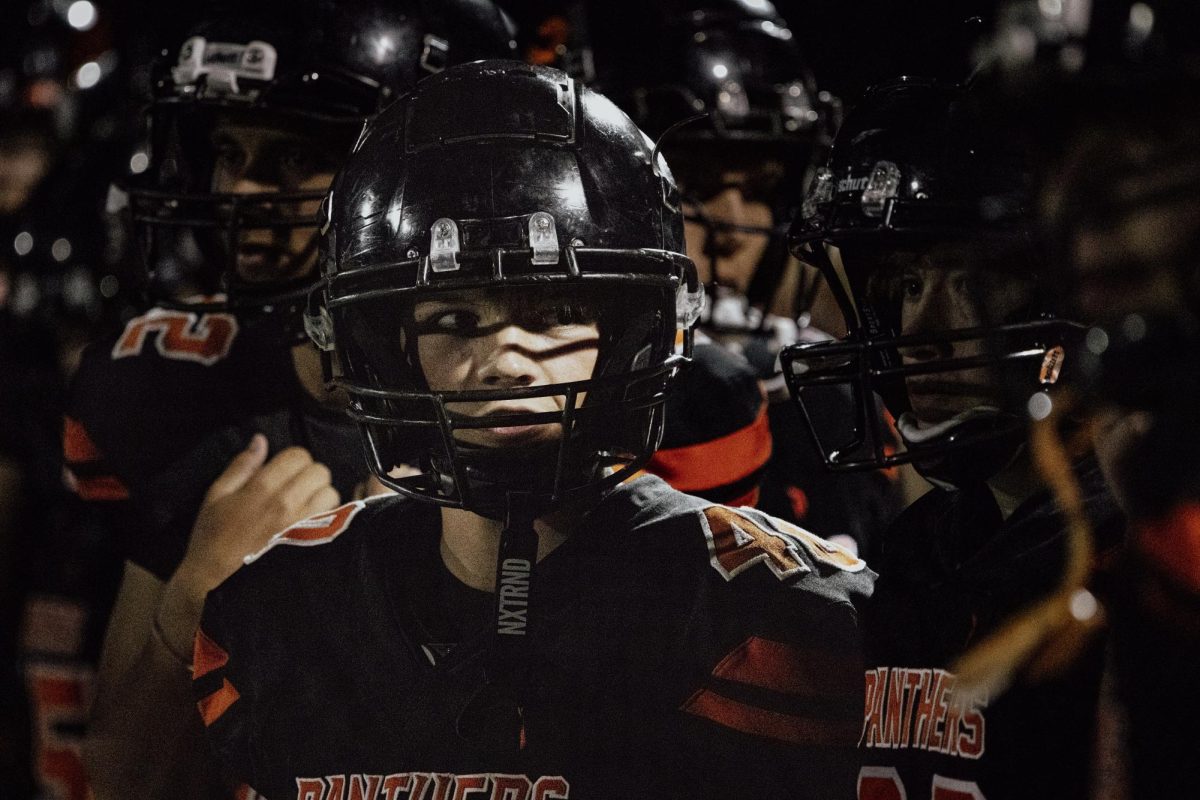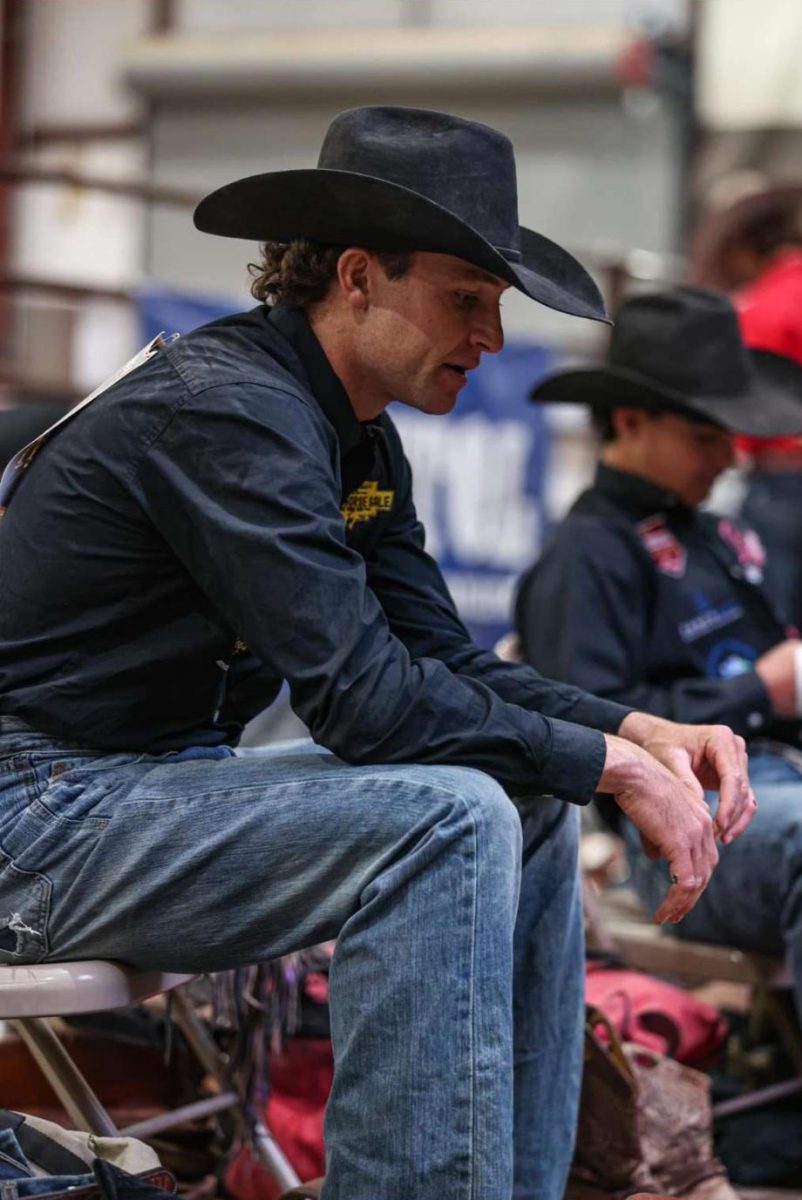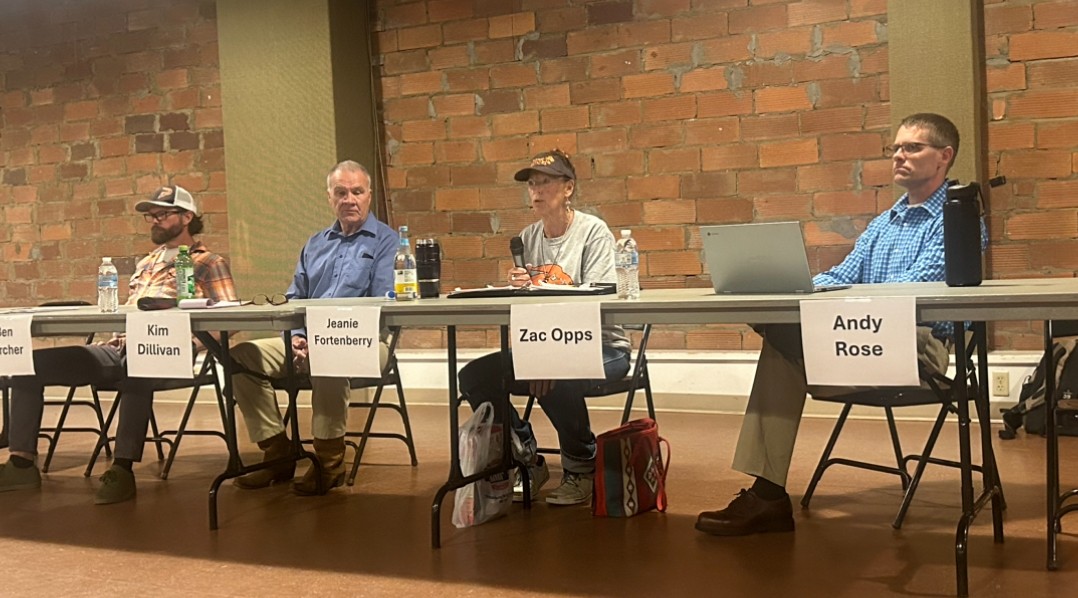With election season approaching, the Park County School District #1 School Board Forum took place on Oct. 9. The candidates present included Jeanie Fortenberry, Ben Borcher, Zac Opps, and Kim Dillivan, campaigning for the three open seats on the school board.
The meeting opened with the Executive Order guidance issued by the Biden administration detailing “students in federally funded schools use bathrooms based on gender identity.” The candidates were asked, “If elected, would you push for your creation of a policy at PCSD 1, for bathrooms to be based on biological sex and not gender identity?”
“Now to answer your question, black and white,” Borcher said. “I will never vote to co-mingle biological sexes in children in school, to the degree that I am able.”
Dillivan opened with the Title IX federal law which he states “prohibits discrimination, sex-based discrimination,” and commented on the effect this law can have on the school system.
“First of all, we create a policy, and if we’re sued, and if we lose, if the plaintiff wins, we could face thousands of dollars in fines,” Dillivan said. “Also, if we lose a Title Nine case, we could lose federal funding. That’s millions of dollars for our district. The third reason is we, as board members, as Ben said, we’re here to speak on behalf, to represent every student we do not want to be the board that is found guilty of violating someone’s civil rights. You may not like the answer, but that is the answer for this board.”
Fortenberry shed light on the students’ perspective and presented a solution for separating the bathrooms.
“Girls have a tough enough time… without feeling that some man is in there,“ Fortenberry said. “When you are telling somebody that that one person, that we all need to decide a decision for that one person, then you’ve given up on all the rest. Yes, there are bathrooms in the high school and the middle school that you can actually separate them…they don’t have to go into the same bathrooms, and that would eliminate any problems that there is.”
Opps responded last. He examined the perspective of different and common values in the community and expressed his compassion among students involved in this issue.
“Frankly, I have a very shallow understanding of the issues that transgender students face,” Opps said. “The only way for me to make an informed decision here…we need to have is to have conversations with those students and their families to better understand and be able to empathize with their perspective on these issues…it’s also important to realize that…a transgender female probably experienced a lot of bullying, and there’d be concerns about that, that individual using the male athlete as well…the first thing that comes to mind seems like making available bathrooms. You know, individual bathrooms make sense.”
Following the questions, a graphic expert was read from a novel found in a seventh-grade teacher’s classroom, relating to the recent book bans circulating the community. The following questions presented to the candidates asked “should teacher classroom library books go through the same review and vetting process as the books that are added to the main school library.”
“I have total faith in all of our librarians, all of our teachers,” Dillivan said. “These individuals, without exception, really care about students. I’m not completely aware exactly of the vetting for teachers when they have books in their libraries, versus how the library… I know we do have a book reconsideration policy. The board just worked on that, and it was approved last year. And in that policy, it says, basically, pornography will not be in any live, any material that includes classroom materials. It’s not just library materials.”
Borcher commented on the excerpt and explained the dangers young children enter, starting with eroticization at a young age.
“There is a world that can’t wait to get its teeth into our children,” Borcher said. “And that is part of it, the objectification of the sexualization of children… Okay, so do I think there should be a vetting process? Yeah, I probably do.”
Fortenberry shared her distress with the presented book’s availability to students in the schools.
“These books should come under what the board deems is not being suitable,” Fortenberry said. “It is porn, any way you look at it. At that age, it’s so sad to see how many girls and boys out there are already subjected to it. If they want that book, then go down to the county library, but it should not be in our schools.”
Each candidate thoroughly expressed their admiration with the school itself and those who contribute to the children’s education. The coming election of Nov. 2024 will show which candidates have been chosen for the open spots on the school board.

